Understanding Your Market Value
Your market value
In a dynamic and constantly evolving jobs landscape, it can be a complicated process to understand how to find out the salary benchmark of your position and/or your own market value. In fact, it’s one of the most asked about topics when recruiters meet with individuals. In order to simplify the process and offer some guidance, our staff writer sat down with one of our key leaders who has developed a framework to help individuals find their answer. Whilst market value can be complex and often subjective, the framework lays out the formula so that it doesn't have to be. David Ashton is a consultant with 20 years recruitment experience.
David’s three-part framework includes:
- Review your performance.
- Undertake market research.
- Compare your situational context.
Review your performance
According to David, “The first thing you need to do is separate your own sense of personal value from what you are paid. Your salary isn’t a statement of your value in the world, it is the money you are paid for a set of skills, your experience and your competency in undertaking agreed work.” David believes that once you are able to remove the emotion of how much money you think you should be earning (or want or need to earn), you will be in a much better state of mind to review your performance. Once you’ve mastered the state of mind, then the first part of the exercise is to really assess your position and yourself.
Start by analysing your own level of experience against the people doing the same role as you in your own organization – and that of your competitors.
For example:
- How many years’ experience do you have in your role?
- What is the average years' experience of your colleagues and peers?
- What are your tertiary qualifications and industry certifications?
- When was the last time you undertook any new studies to enhance or improve your ability to do your job?
- Have you won any awards at work, been nominated or had your performance recognised in any formal way?
- Have you consistently achieved or exceeded your key performance indicators year on year?
- Select people you know and trust in your business (not your friends) and ask them for an honest evaluation of your performance. If you explain that you are seeking to identify any gaps in your skill set, so you can action as part of your development plan you will generally find people are willing to give you feedback.
Market research
A key part of understanding your market value is to dive into market research. According to David a lot of individuals can excel at doing their own analysis on their performance, however when comparing themselves against the market context many individuals fail to invest the time. He says, “Really take the time to understand what the market is doing more broadly with regard to your particular role. This includes understanding your company, but also that of your competitors and even across industries. By doing this you’ll start to understand what the supply and demand is for people in your position and where you fit into the bigger picture”.
A few suggested approaches for doing market research for your position include:
- Speaking with a member from your own internal talent team to understand your role more broadly:
- How many vacancies are there in your own business?
- Are the vacant roles difficult to fill?
- What is the quality of the applications coming through?
- Analysing the number of ads online (Seek, LinkedIn etc.). If there are a lot of roles being advertised, it generally means that there is a shortage of talent in this area and the roles are proving hard to fill. Extended vacancy rates are a sure sign that demand outstrips supply.
- Speaking with a recruiter who will have a deep understanding of your industry and role. Good recruiters can help you:
- Get an insight into your market.
- Share what they are seeing across a range of employers.
- Offer trends and insights on changes they’ve seen recently in your position.
- Develop an understanding of broader market forces and do some research to educate yourself on the following:
- How is the economy doing right now?
- How is your company doing right now?
- Have the same or similar roles to yours been made redundant in other firms recently?
- Benchmark your salary. The easiest way to do this is to talk to your internal talent team and understand:
- What are the internal remuneration bands within your organisation?
- What are the external remuneration bands outside your organization?
- Where does your salary sit within these remuneration bands?
Situational context
Despite reviewing your performance and getting market insights, this last part is really a key part to understanding your market value. Situational context is as individual as an individual! It’s important to consider that there may still be factors that can affect your market value which aren’t so black and white or obvious from the outset. Come common considerations to review could be:
- How many roles or employers have you had?
- Have you stayed long enough in a role to master it and deliver value year on year?
- Have you stayed in a role, or with one employer, too long and as a result you have become too narrow in your focus and your awareness of what is happening in the market or how things are done in other organisations?
Once you’ve undertaken the three points above, it’s then about breaking it all down and assessing the factors that can impact your value within each. Below is a summary of the key forces which David states will impact your market value.

Performance summary
Understanding your performance from your trusted sources and colleagues’ perspective is key to identifying if you are meeting or exceeding the objectives of your role. “If you have gaps to close, work with your leader to create a development plan and regularly discuss this in your meetings together,” David advises.
Where you are excelling in your performance, make sure you highlight this to your leader and talent teams - regularly. It’s important to not be shy and of course, not boastful but where you have facts and data to support exceeding your deliverables, your business will want to know. According to David, “Highlighting what you are excelling at not only supports future remuneration discussions, but it also opens the conversation for what you enjoy, what you are good at and identifies areas where you can continue to add value. It’s been noted time and time again, where individuals can play to their strengths is where they tend to excel”.
Market research summary
“A volatile market or poor market conditions doesn’t mean your role isn’t in demand. In fact, it might mean your skills and experience are even more valuable to your organization”. According to David, this research is really important for context as to whether external forces really are impacting key positions within an industry.
“Pay Gaps do exist. A common reason recruiters often see this, is when an individual has been with one company for an extended period of time and that individuals has been regularly promoted within the same organisation. In many cases when this happens salary increases can be small or non-existent. We find candidates have been happy to accept a minimal increase in remuneration in exchange for being given an opportunity to take on a new challenge, learn skills or gain experience. Of course, there is absolutely nothing wrong with this but over time, as individuals have gained experience and mastered their role, this approach can put them behind market levels.” David suggests if you are finding this point relevant to your situation talk to your internal talent team about how you can overcome this challenge and take bigger increases within your organisation for your next role.
Once you’ve understood your salary benchmarks you’ve given yourself a reference point both within and outside your organisation. David advises against seeking too many sources: “Asking your colleagues what they earn is one strategy but beware of the answer. If you discover someone in the same role as you is earning a lot less or a lot more, it might lead to discomfort for you and them. The most effective and confidential way to benchmark your salary in the external market is to speak to a recruitment consultant. If you don’t have a good relationship with someone who works in your area of specialisation and market sector find one - and start building a relationship with them. Someone who knows you, understands what you do, the market you work in, and your skills and experience will become invaluable to you. They can provide a very accurate assessment for you, particularly if they have known you a long time and have a deep understanding of your career evolution and development.”
Situational context summary
The ability to change organisations or move up or within one can greatly affect an individuals market value. On one hand loyalty is seen as a strong value, however diversity of thinking which can come from multiple workplaces is also seen as a strong value. Here David breaks down somethings to consider for your situation.
“There is a balance between moving too often or even internally with one employer and staying in the same role and employer for an extended period. While tenure is valued as it demonstrates loyalty and stability, overstaying with an employer or in one role can also lead to plateauing in a role or falling behind your peers who may have been more mobile.” He goes on to say that “staying in one place too long can also be seen as becoming less able to demonstrate adaptability and exposure to new thinking and ways of doing things.” Whilst this doesn’t necessarily mean that staying in a role for a long time is a negative or demonstrates any of these things, he does stress it’s important to highlight the fact that “where you can demonstrate adaptability and new thinking – it’s always encouraged to do so – particularly if you’ve been in a role for an extended period”.
Finally, the market sector you work in also affects your remuneration. Sectors that are either growing or declining can impact a similar role’s remuneration. As such it’s important for individuals to become exposed to new products or customer channels and keep up to date with significant changes in technology that are disrupting the industry. David makes the point that it’s important to keep up to date with technology no matter the role. “It’s key to understand how technology will affect segments of industry in the future. Individuals should have an understanding of whether their role will be replaced, or significantly eroded in five years by technology.”
Over the last 20 years David has seen this framework highlight all sorts of scenarios for people he’s worked with. “It never ceases to amaze me that when people take a step back and go through this process, they learn a lot. Not just about themselves, or their organisation, but often what they really truly enjoy. I encourage individuals to do this exercise each year – well before performance review time and not necessarily to discuss remuneration. It’s also an exercise in giving oneself options, choices and an awareness in the world. And finally – it’s always an exercise that is as individual as the individual. Enjoy the journey of learning through the stages as much as the outcome you are trying to achieve. Then you’ll never be disappointed”. There you have it, thanks David.











